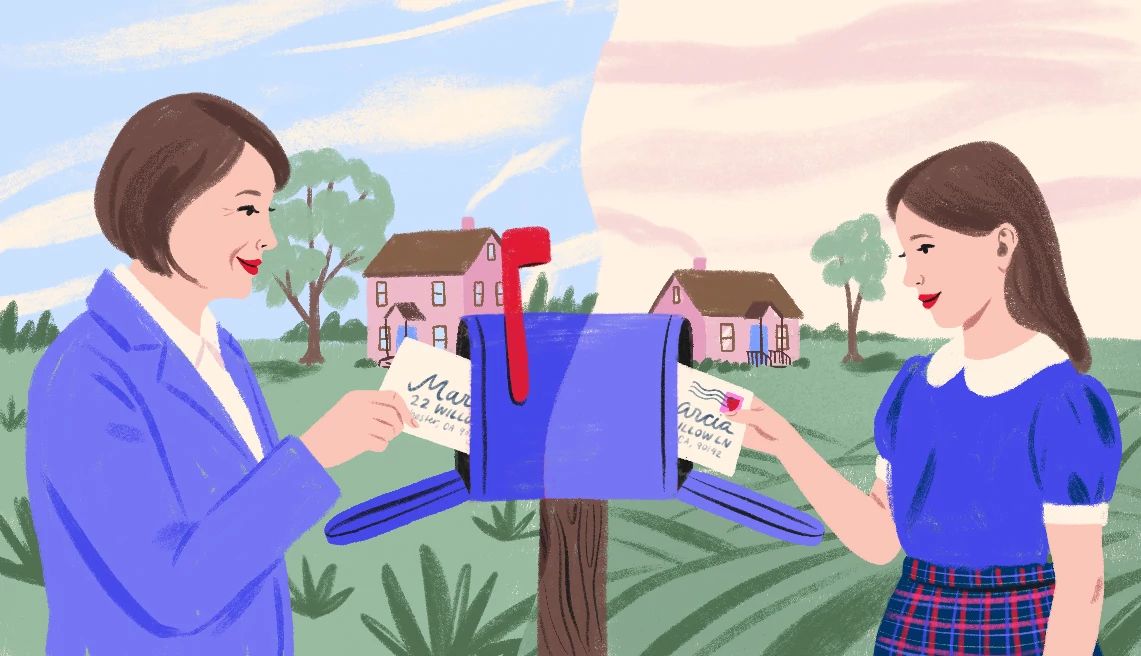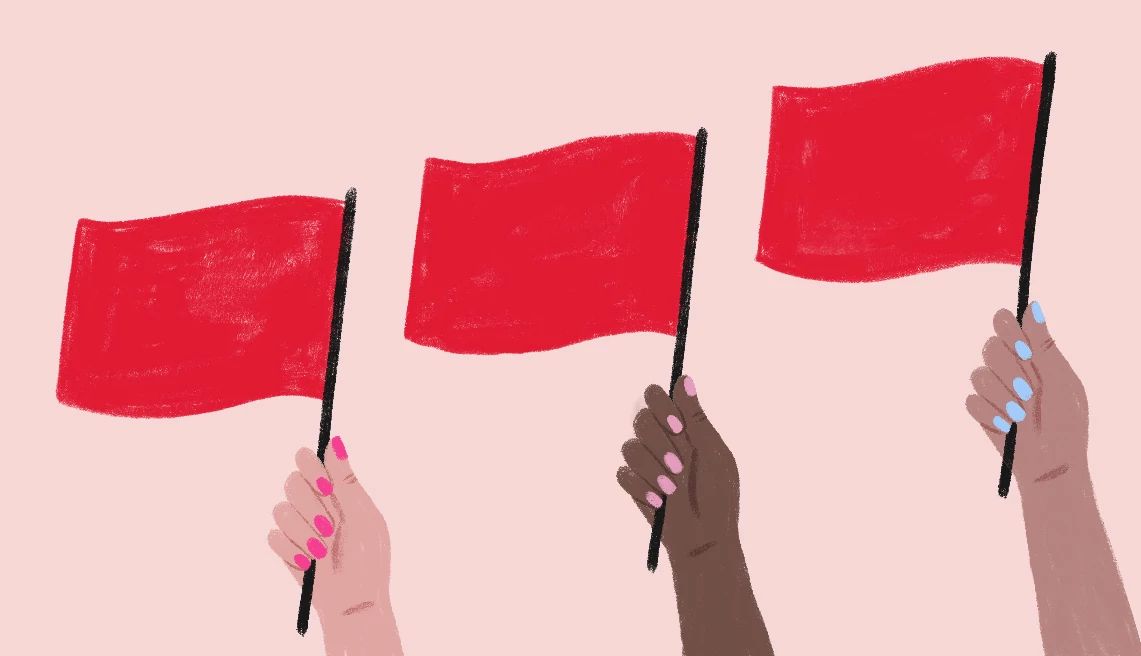AARP Hearing Center


Welcome to Ethels Tell All, where the writers behind The Ethel newsletter share their personal stories related to the joys and challenges of aging. Come back Wednesday each week for the latest piece, exclusively on AARP Members Edition.
I recently stumbled upon a box of old journals and eagerly ripped open the lid, anticipating a fun trip down memory lane in the 1970s. While most of the early journal entries were filled with cringeworthy adolescent angst, reading them stirred up so many experiences I’d forgotten entirely, some painful and some bittersweet. However, what was glaringly evident in most of my writing was an obsession with finding a boyfriend, and an overwhelming lack of confidence fueled by a poor body image.
My happiness as a 15-year-old hinged on both, and I suddenly wished I could step back in time to give myself a good shake. Reading the diaries saddened me because I realized how much valuable time I wasted on the self-loathing that haunted me throughout most of my life, coloring every decision I made.
If I’d had more confidence, I could have avoided several toxic relationships and followed my desired career path earlier rather than settling for something less. What would I have said to my younger self? Prioritize your education, and place less emphasis on trying to earn a boy’s love. Also, stop worrying about what others think of you and focus on learning to love yourself more.
Even if I could travel back in time, the younger me would never accept this advice. I had to live through the mistakes and disappointments before any of this would make sense.
Many of my friends in their 60s who are now wise to the ways of the world share my reflective sense of “what if.” But most of us agree that our circumstances happened for a reason and made us who we are today.
I polled several of them on what they’d tell their younger selves. Read on to see what they said and let us know in the comments what lessons you’ve learned.
Finish your education
My high school friend Debbie Gregory, 67, of Georgia, would tell her younger self to listen more to her parents’ advice. “They only wanted the best for me, but I didn’t take their advice. My main regret is not getting the college degree they wanted me to get. I opened my own business without a game plan for retirement. No 401(k) and no other investments. But if I’d gotten a business degree I would have known how to run the business better, and I’d have a retirement plan in place.”
My Facebook friend P.B., 70, from Florida, regretted not finishing her college degree. After the devastating loss of her father when she was 60, she thought to herself, “If not now, when?” P.B. returned to school to finish her bachelor’s and received her master’s in English five years later. She would tell her younger self that you’re never too old to get your degree: “When I stood on the steps of the university, I pointed my diploma folder to the sky and said, “Look, Dad, I did it.”
Pursue your dreams
Most women I spoke with regret not following their dreams, or delaying them. My writer friend Lee Gaitan, 68, of Georgia, is one such woman. Her advice for her younger self was learned the hard way: “Never let your desire to please others prevent you from making decisions that serve your best interests, whether in school, career or relationships.” Lee went through with her first wedding even though she knew it was a mistake. “The closer it got to my wedding, the more I wanted to run, but I didn’t want to disappoint or embarrass my family,” Lee says. “I shortchanged myself and postponed or canceled many of my dreams and ambitions to keep everyone else happy.”
My school band buddy, Astrid Wistedt, 67, from Florida, had to put her dreams of being a classical musician on hold when her parents’ illnesses forced her to drop out of a music conservatory, which was heartbreaking. “Don’t let obstacles get in the way of your dreams — even if the path changes direction or seems completely blocked. You’ll end up where you were supposed to be, and the journey will be worth the effort. Although I later finished my music degree, I needed income to help support my parents, so I went to law school and became a practicing attorney. Then my own health issues required me to stop practicing, so I went on to become a nurse.
“As much as I loved nursing, I had to face the fact that my life was very different from the dreams of my youth. However, if my path had not changed, I never would have met my daughter’s father, and I wouldn’t have my daughter,” says Astrid. “I was very depressed watching my dreams crumble over and over. I wish someone had told me that things would work out in God’s own time, and that each of my life changes would steer me into the destination I always wanted — motherhood!”
For my writer friend Sherry Stanfa-Stanley, 63, of Ohio, it was a matter of delaying her dreams while raising a family and establishing a career in communications.
“I wanted to be an author since I was 9, but I didn’t prioritize it like I should have. I didn’t get serious about creative writing until I was 40, and I didn’t publish my first book until I was 55. I would tell my younger self to get hopping so dreams can start happening!”
Manage your money
“Start investing your money, even if it’s $5 a week,” says my high school alumni pal Kari, 66, from Florida. When she divorced after 20 years of marriage, she realized the importance of being financially savvy. She would tell her younger self, “Work hard at your job, and you make a living; work harder on yourself, and you can make a fortune.”
My friend Sunny, 64, grew up very poor, and now she’s always careful about having enough money to live on. She would tell her younger self, “Save your money first — enough to be comfortable and secure — but don’t stress over it, because you still need to enjoy the moment. Whatever is left after bills can be spent on fun.”






































































You Might Also Like
What Can I Do to Ease Leg Cramps?
Cramps are common in older adults. Here’s why they happen — and how to treat them
25 Great Ways Volunteering Is Good for You (48 c
From keeping fit to staying sharp, here’s how volunteering is good for you (180 char.) Helping Others Helps You(32 char.)
Ozzy Taught Me Everything I Know About Aging
15 lessons from the late metal god that prove getting old doesn’t mean getting boring